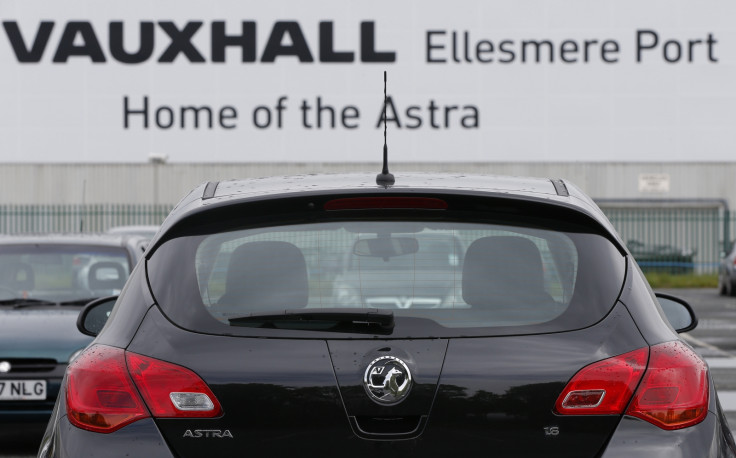UK car production picks up on higher overseas demand
Car output rose 3.5% compared to a year earlier in October to 157,056 units, mainly due to a 5% increase in the number of cars built for export.

Car production in the UK rose in October on the back of increased demand from overseas markets, new figures have revealed.
Citing data from the Society of Motor Manufacturers and Traders (SMMT), the Reuters agency reported that car output rose 3.5% compared to a year earlier to 157,056 units.
This was mainly due to a 5% increase in the number of cars built for export, with 82% of all cars built in the UK last month shipped overseas.
However, the number of cars built for the UK market dropped 2.9% to 28,178, the ninth straight month in which a decline has been recorded.
SMMT chief executive Mike Hawes said the domestic market had been hit by weak consumer confidence since the Brexit vote and uncertainty over government plans to cut pollution.
"It's encouraging to see positive growth in exports this month and a slight increase in overall output," Hawes was reported as saying.
"It's important that confidence is restored to the new car market, as sales of the latest cleaner, greener cars not only address air quality concerns but speed up activity on factory lines across the UK."
Meanwhile, the motor industry trade body warned that the introduction of a one-off tax increase in April next year on the sale of new diesel cars that do not meet the latest emission standards risked sending "mixed messages".
Chancellor Philip Hammond unveiled the tax change in his Autumn Budget, with the measure aimed at reducing air pollution and promoting the adoption of electric vehicles.
"Diesel buyers will not face any additional taxation for the next six months, but thereafter, will face additional charges which will undermine fleet renewal efforts, which are the best and quickest way to address air quality concerns," Hawes said.
"Manufacturers are investing heavily in the latest low emission technology, however, it's unrealistic to think that we can fast-track the introduction of the next generation of clean diesel technology which takes years to develop, in just four months."







